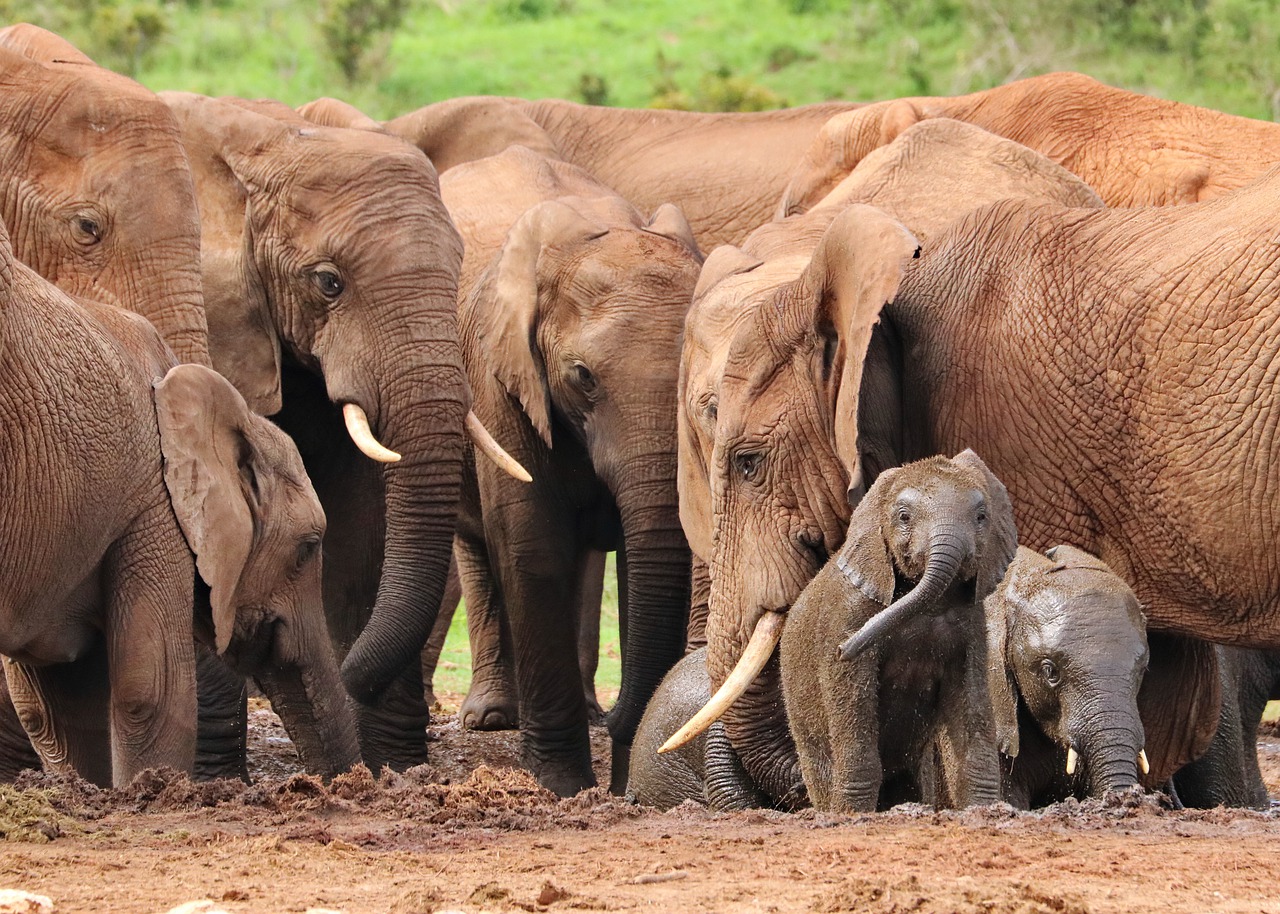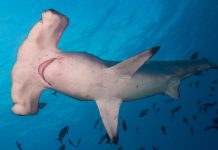Written by: Kimberly White
Twenty of the world’s leading conservation organizations have joined together to urge the G20 to invest in nature to protect biodiversity in hopes of preventing future zoonotic pandemics.
The Wildlife Conservation 20 (WC20) signed a declaration calling on G20 leaders to take urgent action to address the threat and root causes of zoonotic pandemics.
Around 70 percent of emerging infectious diseases are zoonotic in origin. The root causes of these diseases are the “encroachment into and destruction of the natural environment.” Agricultural expansion, industrial-scale farming, and the wildlife trade are among the practices cited by the WC20 that increase the risk of these infectious diseases spilling over due to humans, wildlife, and livestock being in close contact.
The wildlife trade has been linked to the ongoing coronavirus pandemic as well as several other major pandemics and epidemics throughout the years, including the Middle East respiratory syndrome (MERS), severe acute respiratory syndrome (SARS), and Ebola. It has also aided the transmission of pathogens that cause bird flu and swine flu.
The coronavirus has impacted millions of lives. Globally, more than 1.3 million people have died from COVID-19. Additionally, COVID-19 has caused an estimated $26 trillion in economic damage.
“The widespread devastation caused by COVID-19 is a serious wake up call. We must fundamentally change our relationship with nature. Business-as-usual is simply not an option,” said John Scanlon AO, former Secretary-General of CITES and Chair of the End Wildlife Crime Initiative. “We need transformative reforms to our international legal framework for preventing and combating wildlife crime and for regulating wildlife trade, and we must massively scale up our investment in nature. Left as it is, our system is not going to prevent the next wildlife-related pandemic. It could, in fact, be raising our potential exposure to zoonotic diseases.”
As world leaders prepare economic recovery plans, investment in nature is not a luxury, it is essential, said the WC20.
“Protecting biodiversity is perhaps the most important component of government recovery plans that will significantly reduce the risk of future pandemics and avoid similar or greater human, economic, and environmental harm,” said Space for Giants, WC20 member.
The WC20 has identified key areas for action for the G20. The group’s recommendations include strengthening policy and implementation to enact new legislation that ensures the legal, sustainable, and traceable use of natural resources; scaling up financial and technical support for law enforcement in wildlife source states, transit hubs, and destination countries/territories; securing government support, finances, and technical expertise to safeguard valued wildlife and natural ecosystems; support the rights of Indigenous peoples and local communities living within or depending on natural ecosystems to improve human well-being and halt and reverse the loss of natural habitat; and work with government authorities, stakeholders, civil society, and major influencers to raise awareness about and reduce demand for illegally and unsustainably exploited wildlife and wildlife products.
“COVID-19 has been a wake up call to everyone on this planet. Now is the time to value and invest in nature by developing sustainable nature-based economic stimulus packages that embrace a One Health approach and address long-term planetary health, food security, poverty alleviation, climate change, and biodiversity loss and work towards achieving the UN’s Sustainable Development Goals,” said the WC20. “That is why the WC20 calls on the G20 nations to implement greater investment in nature. Doing so will not only bring environmental benefits but will generate jobs, provide sustainable economic development opportunities and help address the climate emergency. Otherwise, the natural world, on which we all rely, will not be safeguarded for the long-term well-being and security of current and future human generations, and for all life on earth.”







